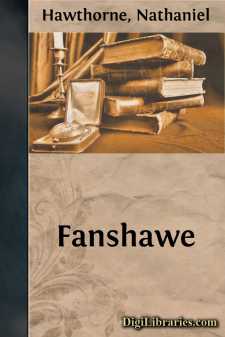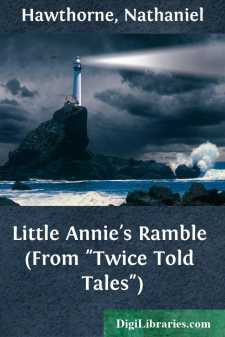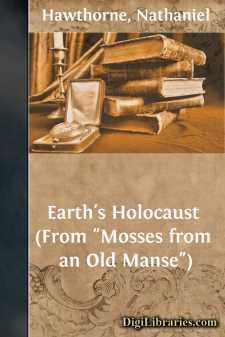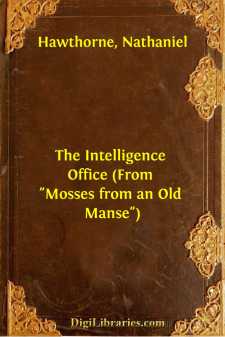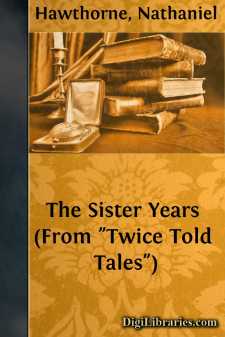Categories
- Antiques & Collectibles 13
- Architecture 36
- Art 48
- Bibles 22
- Biography & Autobiography 815
- Body, Mind & Spirit 144
- Business & Economics 28
- Children's Books 18
- Children's Fiction 14
- Computers 4
- Cooking 94
- Crafts & Hobbies 4
- Drama 346
- Education 58
- Family & Relationships 59
- Fiction 11829
- Games 19
- Gardening 17
- Health & Fitness 34
- History 1378
- House & Home 1
- Humor 147
- Juvenile Fiction 1873
- Juvenile Nonfiction 202
- Language Arts & Disciplines 89
- Law 16
- Literary Collections 686
- Literary Criticism 179
- Mathematics 13
- Medical 41
- Music 40
- Nature 179
- Non-Classifiable 1768
- Performing Arts 7
- Periodicals 1453
- Philosophy 65
- Photography 2
- Poetry 896
- Political Science 203
- Psychology 44
- Reference 154
- Religion 515
- Science 126
- Self-Help 85
- Social Science 82
- Sports & Recreation 34
- Study Aids 3
- Technology & Engineering 59
- Transportation 23
- Travel 463
- True Crime 29
Our website is made possible by displaying online advertisements to our visitors.
Please consider supporting us by disabling your ad blocker.
Fanshawe
Description:
Excerpt
CHAPTER I.
"Our court shall be a little Academe."—SHAKESPEARE.
In an ancient though not very populous settlement, in a retired corner of one of the New England States, arise the walls of a seminary of learning, which, for the convenience of a name, shall be entitled "Harley College." This institution, though the number of its years is inconsiderable compared with the hoar antiquity of its European sisters, is not without some claims to reverence on the score of age; for an almost countless multitude of rivals, by many of which its reputation has been eclipsed, have sprung up since its foundation. At no time, indeed, during an existence of nearly a century, has it acquired a very extensive fame; and circumstances, which need not be particularized, have, of late years, involved it in a deeper obscurity. There are now few candidates for the degrees that the college is authorized to bestow. On two of its annual "Commencement Days," there has been a total deficiency of baccalaureates; and the lawyers and divines, on whom doctorates in their respective professions are gratuitously inflicted, are not accustomed to consider the distinction as an honor. Yet the sons of this seminary have always maintained their full share of reputation, in whatever paths of life they trod. Few of them, perhaps, have been deep and finished scholars; but the college has supplied—what the emergencies of the country demanded—a set of men more useful in its present state, and whose deficiency in theoretical knowledge has not been found to imply a want of practical ability.
The local situation of the college, so far secluded from the sight and sound of the busy world, is peculiarly favorable to the moral, if not to the literary, habits of its students; and this advantage probably caused the founders to overlook the inconveniences that were inseparably connected with it. The humble edifices rear themselves almost at the farthest extremity of a narrow vale, which, winding through a long extent of hill-country, is wellnigh as inaccessible, except at one point, as the Happy Valley of Abyssinia. A stream, that farther on becomes a considerable river, takes its rise at, a short distance above the college, and affords, along its wood-fringed banks, many shady retreats, where even study is pleasant, and idleness delicious. The neighborhood of the institution is not quite a solitude, though the few habitations scarcely constitute a village. These consist principally of farm-houses, of rather an ancient date (for the settlement is much older than the college), and of a little inn, which even in that secluded spot does not fail of a moderate support. Other dwellings are scattered up and down the valley; but the difficulties of the soil will long avert the evils of a too dense population. The character of the inhabitants does not seem—as there was, perhaps, room to anticipate—to be in any degree influenced by the atmosphere of Harley College. They are a set of rough and hardy yeomen, much inferior, as respects refinement, to the corresponding classes in most other parts of our country....


